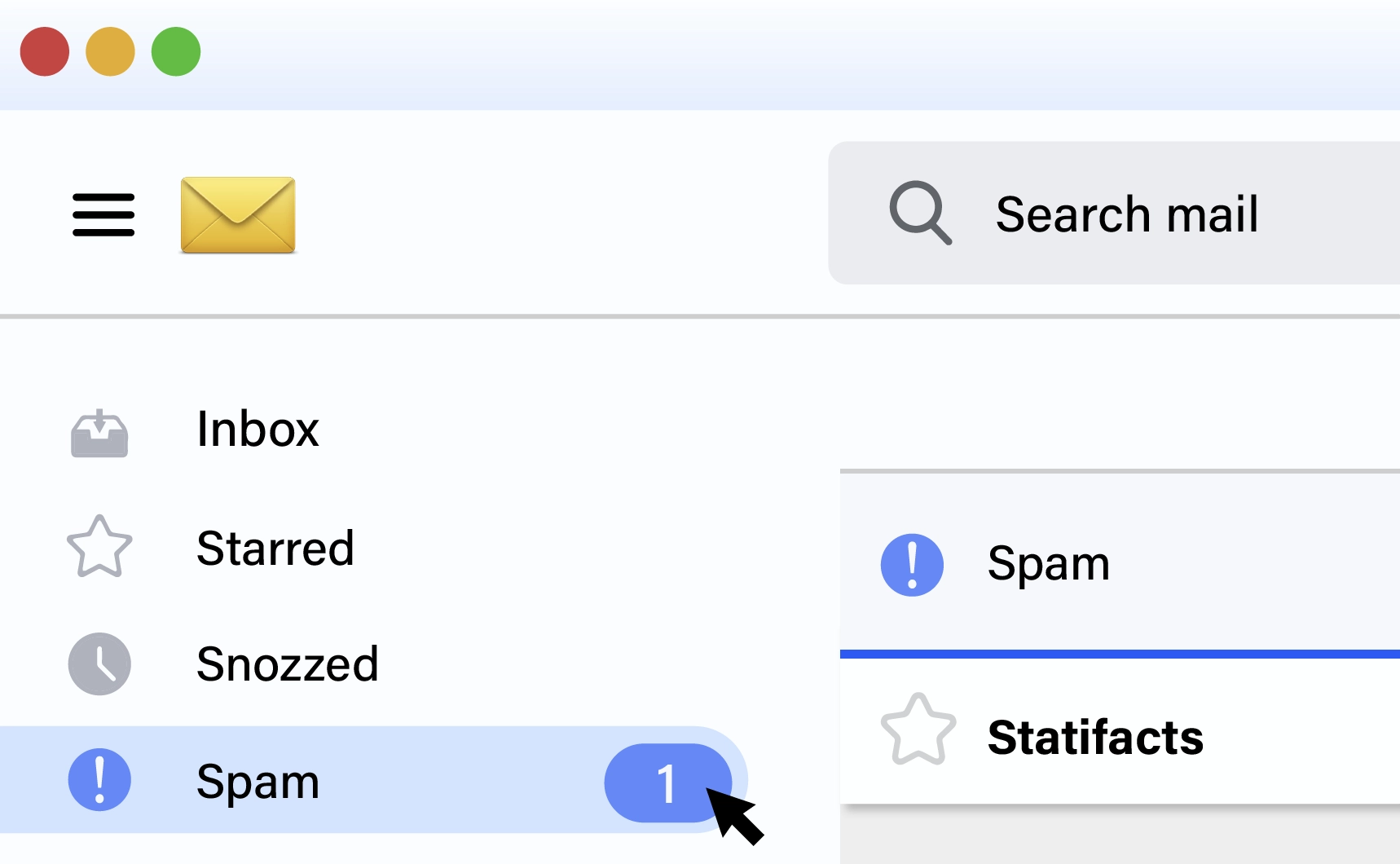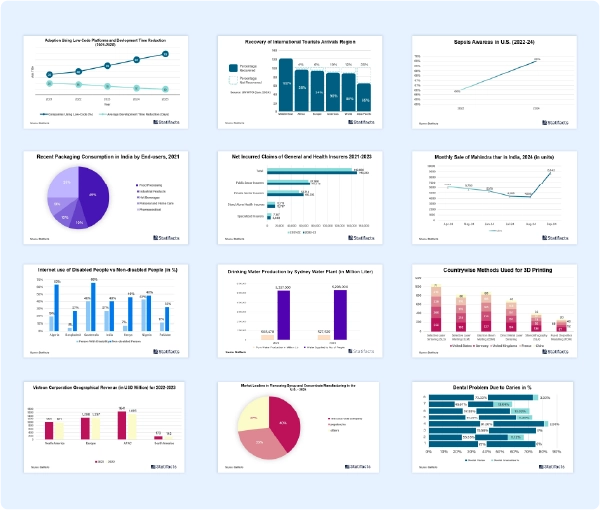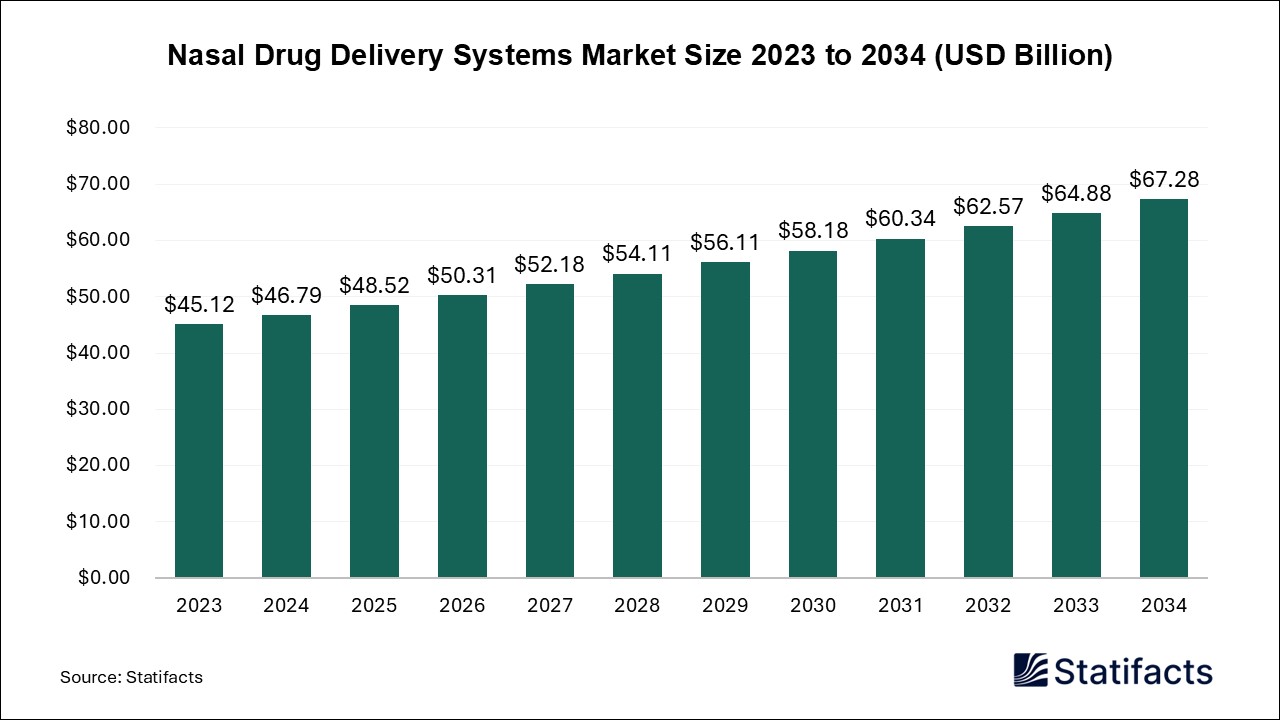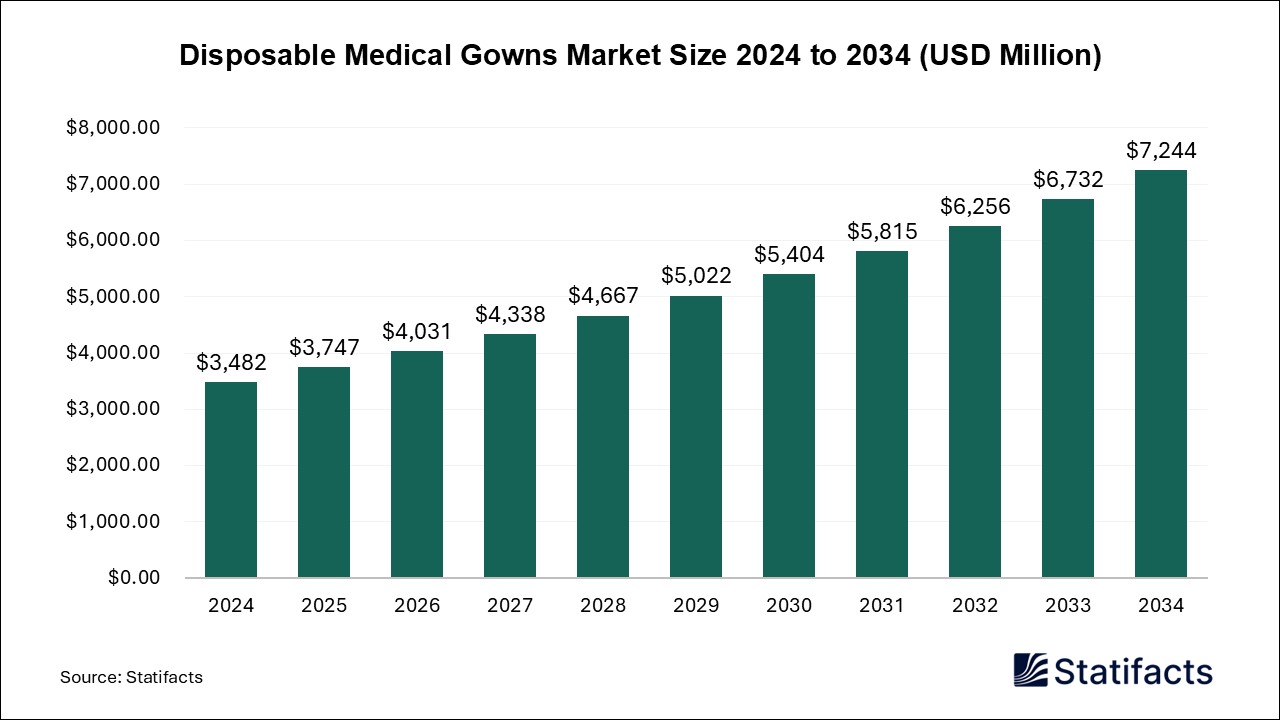

Our customers work more efficiently and benefit from
The U.S. cancer monoclonal antibodies market size was estimated at USD 28,840 million in 2024 and is projected to be worth around USD 1,61,500 million by 2034, growing at a CAGR of 18.8% from 2025 to 2034.
The U.S. cancer monoclonal antibodies market is experiencing growth due to the increasing adoption of targeted therapies in oncology. The monoclonal antibodies are the engineered proteins designed to bind to specific targets on cancer cells, eventually blocking growth signals, marking cells for destruction or enhancing immune response. The global cancer monoclonal antibodies market plays around the management and production of multiple treatment for cancer. Monoclonal antibodies are further classified into two types, naked am Abs and conjugated MABs. The rising patients or cases of cancer, combined with technological advancement and increased funding for cancer research is propelling the growth of the U.S. cancer monoclonal antibodies market.
The growing incidence of cancer, particularly lung, breast and colorectal cancers, there is increased demand for effective, less toxic treatment options. The monoclonal antibodies provide precision-based therapy that specifically target cancer cells, reducing damage to normal cells and improving patient outcomes. Hence the shift from conventional chemotherapy to immunotherapy and targeted therapies is a key growth driver of the U.S. cancer monoclonal antibodies market. The monoclonal antibodies constitute a class of targeted anticancer agents that improve patients’ natural immune system functions to suppress cancer cell activities and destroy the cells.
The recent developments in antibody- drug conjugates, bispecific antibodies, and checkpoint inhibitors have expanded the application of monoclonal antibodies in oncology. The companies are increasingly focus on developing combination therapies, integrating abs with chemotherapy, radiation, or other immunotherapies to enhance treatment effectiveness and minimize resistance. CRISPR gene editing technology is utilized to modify immune cells and enhance antibody responses against cancer.
The U.S government and leading pharmaceutical companies are aggressively investing in monoclonal antibody research. FDA approvals of new maybe based treatments, including PD1/PD-L1 inhibitors like pembrolizumab and nivolumab are accelerating market growth. The regulatory pathways for breakthrough therapies further support the rapid
commercialization of innovative mAbs treatments. The increasing healthcare infrastructure and healthcare awareness provides are increasing, discovery of more antigens by scientist which enables monoclonal antibodies to fight against several cancer types, are fuelling growth in the U.S. cancer monoclonal antibodies market.
The monoclonal antibodies have several benefits but despite of that the development and treatment cost is a major challenging factor because it requires extensive research, preclinical and clinical trials which make them costlier. Manufacturing of monoclinal antibodies involves the complex biotechnological processes, leading to expensive treatment that may not be accessible to all patients. Limits reimbursement policies and disparities in healthcare access further hinder the market penetration, particularly in undeserved communities. The lack of skilled professionals who are unaware of knowledge of treatment methods limit the expansion in the U.S. cancer monoclonal antibodies market during forecast period.
Artificial intelligence (AI) and machine learning are revolutionizing monoclonal antibody development by accelerating drug discovery, optimizing antibody design, and enhancing clinical trial efficiency. AI-driven predictive modelling helps in identifying promising antibody candidates, reducing development timelines, and improving success rates. AI is also used in patient stratification to determine which individuals are most likely to respond to specific monoclonal antibody therapies, enabling more personalized treatment approaches.
Expansion of biosimilar monoclonal antibodies to improve affordability and accessibility. Advancements in antibody-drug conjugates (ADCs) for more precise and potent cancer treatments. Increased focus on next-generation immunotherapies, including multi-specific antibodies and engineered immune cells. Strong government and private sector funding in monoclonal antibody research and innovation. As cancer treatment continues to evolve, monoclonal antibodies will remain a cornerstone of precision oncology, offering improved survival rates and better quality of life for cancer patients. The U.S. cancer monoclonal antibodies market will grow in the future due to innovative therapies and approvals, strategic collaboration with the pharmaceutical’s companies engaging partnerships and acquisitions to enhance their oncology portfolios.
Published by Laxmi Narayan
For any questions about this dataset or to discuss customization options, please write to us at sales@statifacts.com
| Stats ID: | 7961 |
| Format: | Databook |
| Published: | February 2025 |
| Delivery: | Immediate |
| Price | US$ 1550 |




| Stats ID: | 7961 |
| Format: | Databook |
| Published: | February 2025 |
| Delivery: | Immediate |
| Price | US$ 1550 |

You will receive an email from our Business Development Manager. Please be sure to check your SPAM/JUNK folder too.

Unlock unlimited access to all exclusive market research reports, empowering your business.
Get industry insights at the most affordable plan
Stay ahead of the competition with comprehensive, actionable intelligence at your fingertips!
Learn More Download
Download

